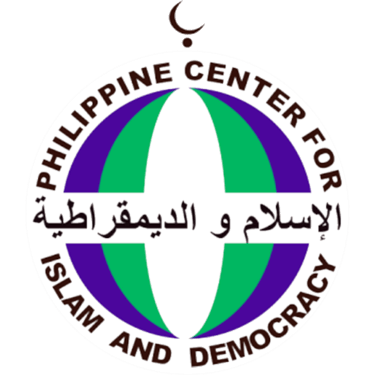NewsPeace advocate: BOL won’t solve Mindanao’s problems overnight
Metro Manila (CNN Philippines, January 20) — The president of the Philippine Center for Islam and Democracy says the Bangsamoro Organic Law (BOL) is not a quick fix for the problems of Mindanao.
Speaking to CNN Philippines Sunday, Amina Rasul said should the BOL be ratified there won’t be an immediate improvement in the quality of life among residents in the new Bangsamoro autonomous region.
“We’re talking about changing the system of governance in the region. The learning curve is going to be there. The problems of governance in the autonomous region cannot be answered just by a change in law,” she said.
Funding to provide government services, addressing the issues of poverty, education and conflict must also be done, and Rasul admitted these cannot happen overnight.
The passing of the BOL would provide better tools to resolve the issues than the ones currently in place.
“It will provide more powers than the autonomous region currently has. That’s good, and we should concentrate on that and make sure that the law passes, because with more tools — with more powers — you will now be able to govern a little better because you will have better leverage,” she said.
The passage of the BOL, Rasul added, would lay to rest what she called “the war of independence” waged by the Moro Islamic Liberation Front (MILF).
Rasul, however, said one of the factors that would make an immediate impact on peace and development on poverty is that a special fund will be created to be used by the new regional government to tackle the immediate needs to end the conflict.
“And then there is an increase from 70 to 75 percent share ng regional government of the net and national revenues coming from BIR (Bureau of Internal Revenue) and (the Bureau of) Customs. So, having more funds now means that the new regional government can deliver more services. And that is what we are all hoping for,” she said.
Uniting interests
Rasul said, over the years, the people of Mindanao have become closer working towards peace.
“We are neighbors, we are all Mindanaoans,” she said.
She added support for legislature to bring peace to the area has also been growing.
“If you look at the Bangsamoro Organic Law, there are safeguards to ensure that this is going to be a law, this will be a new regional government that will make sure that the human rights of all are going to be protected and promoted,” she said.
She pointed out that it is written that women, indigenous peoples, youth and religious leaders will have representation in the regional government.
On the issue of ancestral lands, Rasul said it was not so much about the resolution but the protection of rights.
“Resolution of issues is going to take so much time… There are so many moving parts. But, there is assurance that the law will safeguard the rights of indigenous peoples,” she said.
Rasul also addressed the issue of areas not under the Autonomous Region in Muslim Mindanao (ARMM) — specifically Cotabato City and Isabela City who will vote “yes” or “no” on Monday for their inclusion in the region.
Should one or both areas vote “no,” Rasul said it would simply mean they will not be included in the new regional government, but that the plebiscite to determine the ratification of the BOL would proceed on February 6.
She, however, said she sees no reason to vote “no.”
“If I were a citizen of Isabela City or Cotabato City, I would look at the law, and I would think whether this is good for me or not. And I cannot see why they would not think that this is good,” she said.
CNN Philippines Video:
